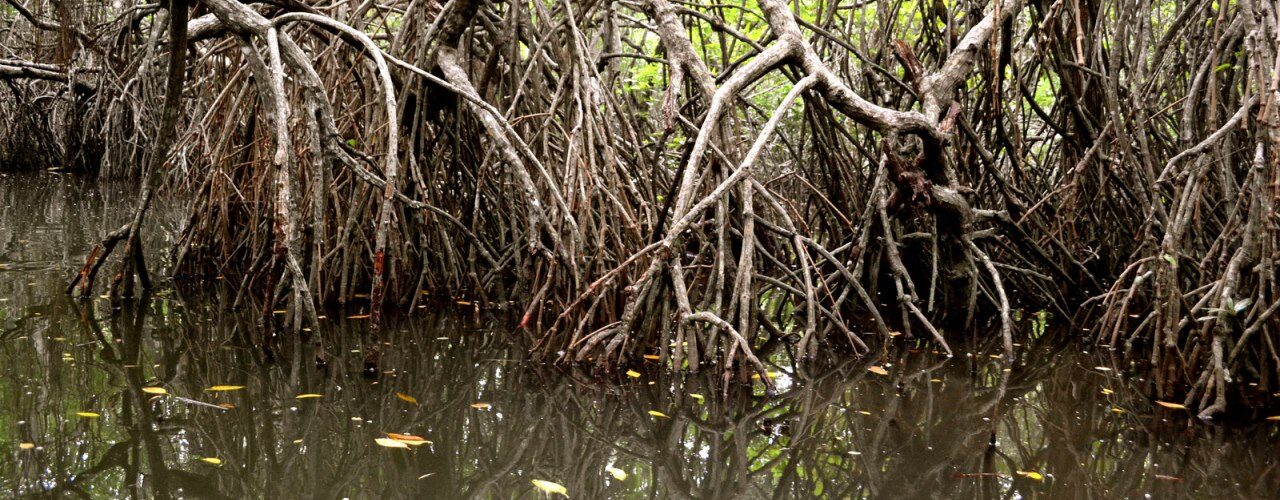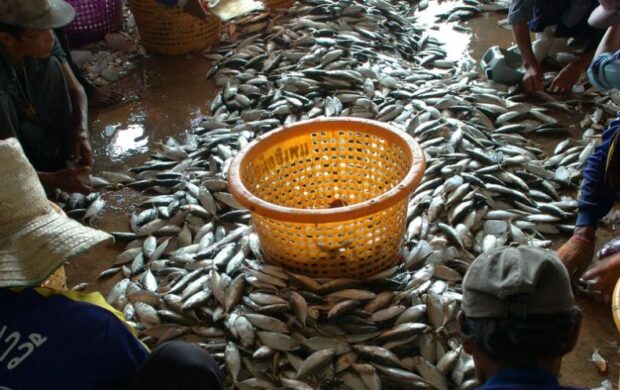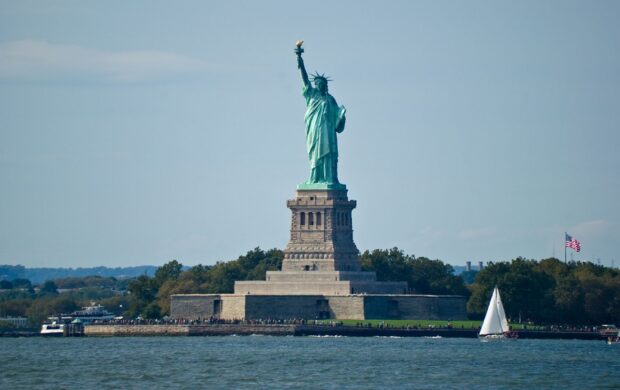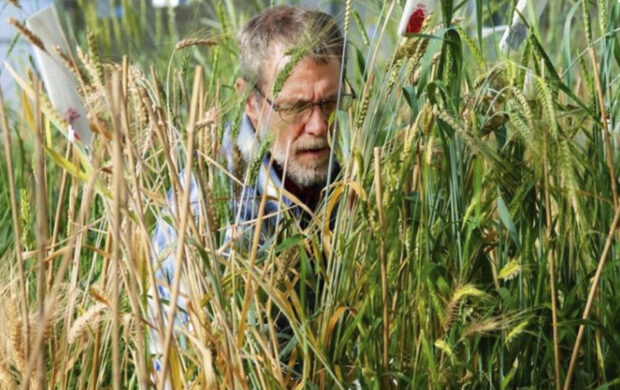Sri Lanka has become the first nation to promise to protect all of its mangroves, in a US $3.4 million joint initiative by its government, the US non-profit Seacology and Sri Lanka-based NGO Sudeesa.

The project will protect the country’s 21,782 acres of existing mangrove forests over the next five years. It will also replant 9,600 acres that have been cut down, mostly to make room for shrimp farms or due to destruction during the civil war which ended in 2009.
The scheme will be run by 15,000 women, including many civil war widows, from low-income communities in neighbouring mangroves. They will receive alternative job training and microloans of approximately $100 each to set up small businesses. In exchange, they will monitor the mangroves, ensuring that no-one cuts the trees and alerting the authorities, who can provide legislative support, to anyone who does so. The women on the project will also be expected to stop using mangrove trees for firewood, and will each be provided with a fuel-efficient clay cooking stove and trained in how to reduce fuel and use alternative sources such as rice-husk and fast-growing timber.
Image: Sri Lanka’s mangroves under new protection
Image credit: Tanya Smith-Sreen / Flickr









